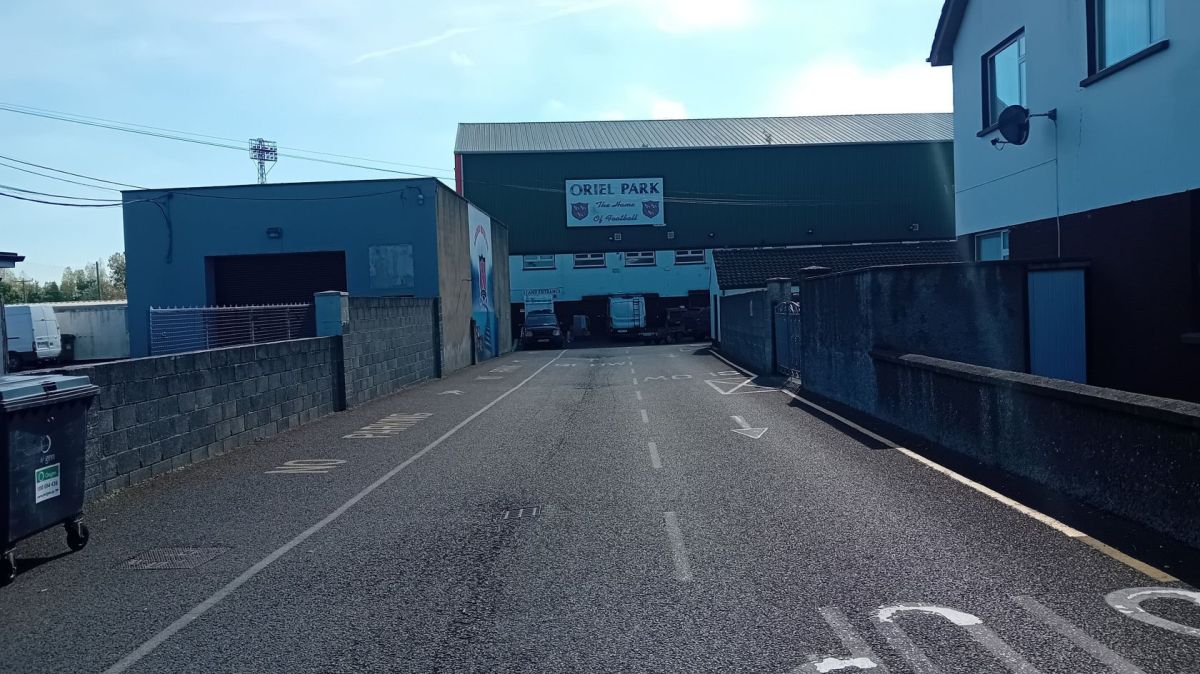The event, now in its ninth year, was founded to give slam poets a platform in Irish, something organiser Caomihe Ní Cathail said was lacking compared to English-language events. “It’s really inspired a whole new generation of slam poets through the Irish language,” she told BBC News NI.
Unlike traditional poetry readings, slam poetry is competitive, performative and communal. “With Irish language poetry, people often think of the greats of the past and present, work that is read and consumed privately,” Ní Cathail explained. “Slam is different. It’s public, raw, and recited in the middle of a crowd.”
Each year brings a new winner, with 2025’s title going to Pádraig De Cléir. His winning poem explored artificial intelligence helping humans meet a deadline, blending humour and social commentary. Having lived in London, De Cléir admitted he once hesitated to use Irish, but credits the slam with pushing him to embrace the language fully. “There’s enough in English,” he said. “Irish is more fun.”
Previous winners continue to stay involved. Poet and bilingual event organiser Ciara Ní É, who won in 2024, stressed the event’s community spirit. “It’s not about winning,” she said. “It’s about being in a room where people not only understand the words but the cultural references too.”
For participants like Séamas Mac Eochaidh, who performed for the first time this year, the slam reflects both inclusivity and tradition. “The language is a place for everyone,” he said. “Words come quicker in Irish, and for me, being able to perform that way is something I never imagined 20 years ago.”









